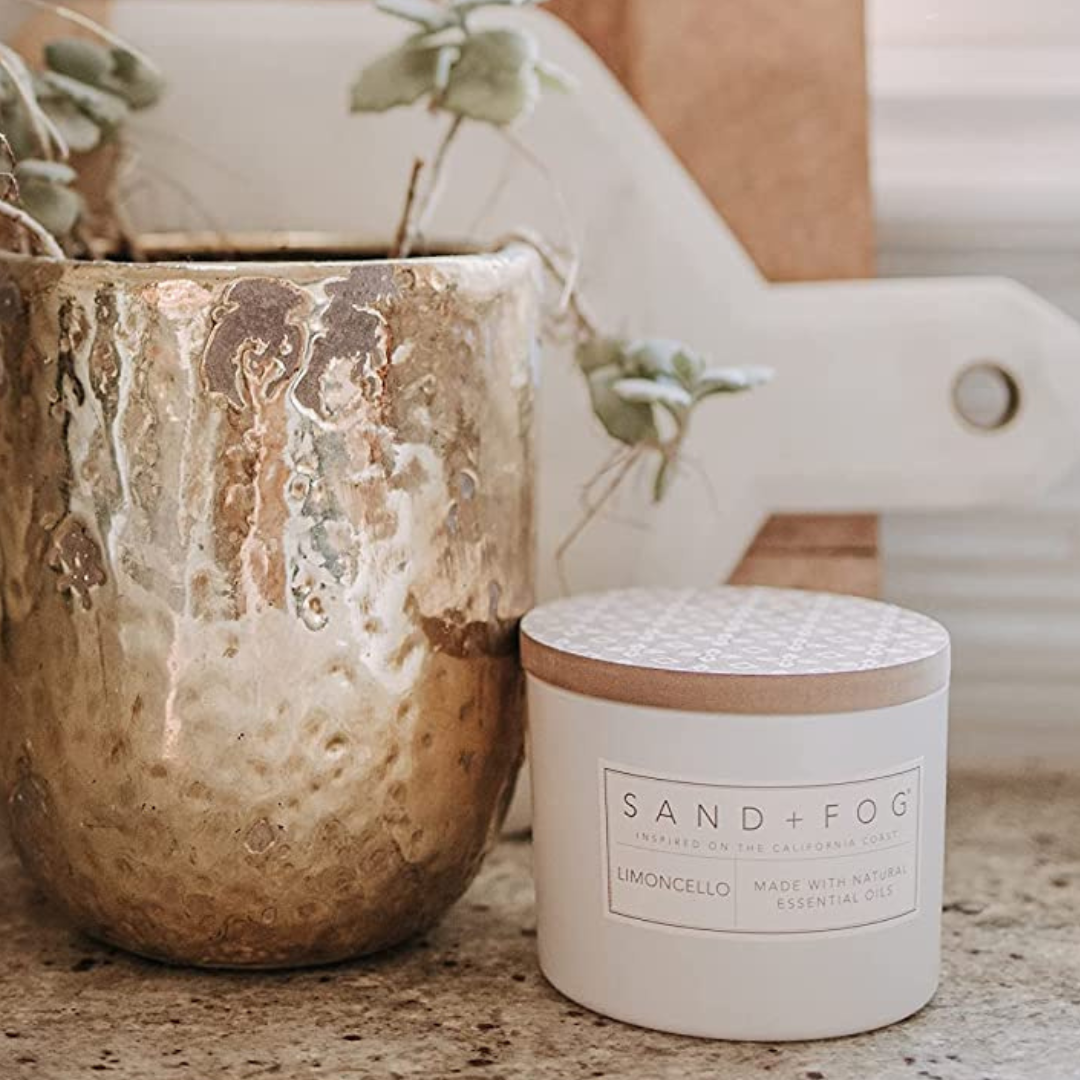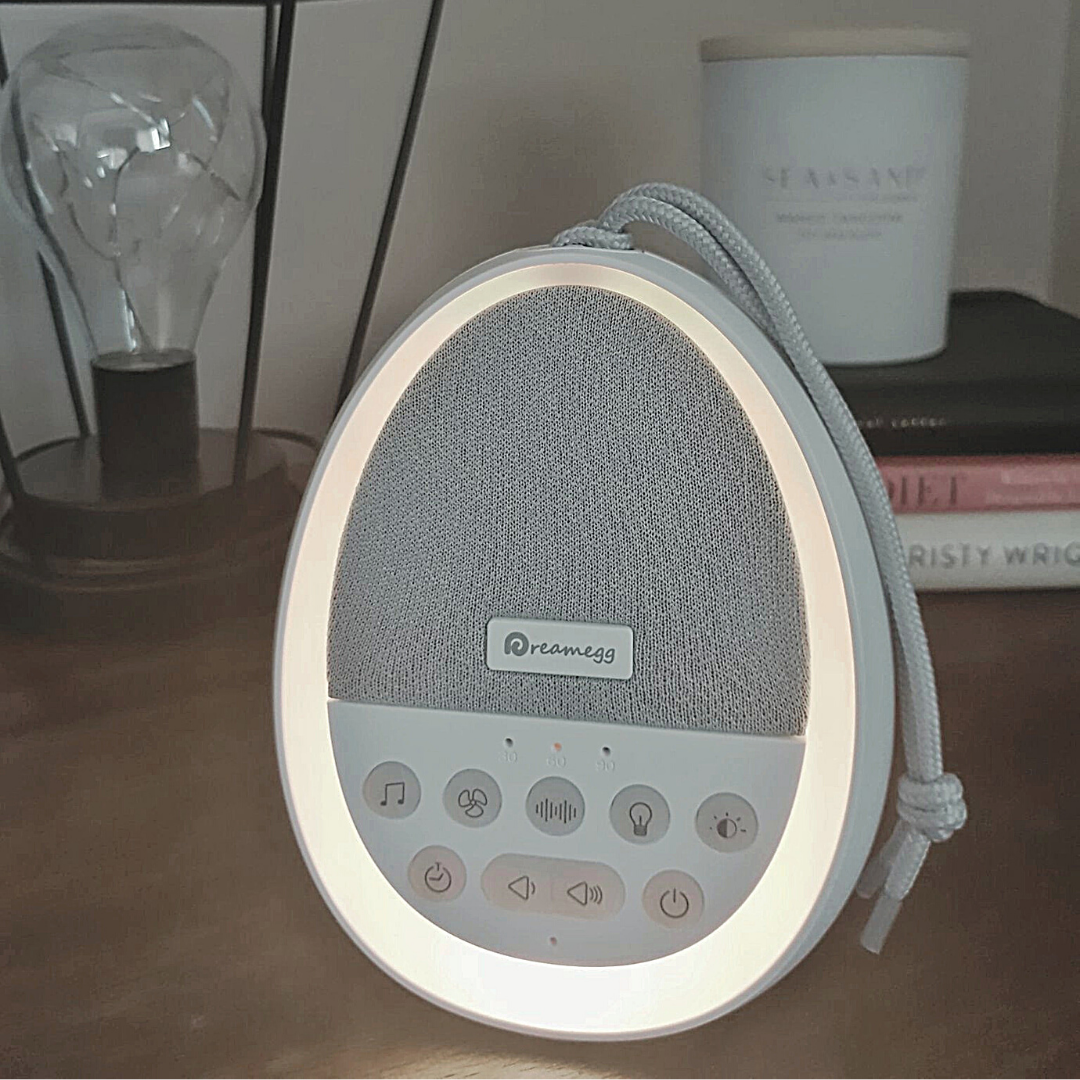|
|You may have heard about the new breed of therapists getting rave reviews from the therapeutic community at large, as well as independent news sources; Pet Therapists. Sounds exciting, right! But how do Pet Therapists stack up against classically trained psychotherapists and other mental health professionals? This article will aim to share information you need to know about what to expect if you are considering getting help from a Pet Therapist. Although not yet approved for professional certification in North America, Pet Therapists have the right to practice and offer support to a range of different clientele. And just like any other service you pay for like from a hairdresser or dentist, it can be important to learn more about the services provided by these professionals in order to make an informed decision. Please note that the views and statements in this article have not been verified by the American Psychological Association (APA) and have not been written in accordance with the therapeutic guidelines committee. All views expressed are my own. What to Expect From a Pet TherapistThere are many different types of species of Pet Therapists and choosing your own may depend on your personal preference or even allergy tolerance. Popular Pet Therapists include dogs, cats, guinea pigs, fish or rabbits. The first time seeing a Pet Therapist may seem a lot different from any previous experience you may have accessing therapy from other professionals in this field. Rather than any forms to fill out and sign or confidentiality to go through together, the first session is spent simply building rapport or connection between yourself and the Pet Therapist. Rapport building is at the central core of many, if not all, therapeutic frameworks so it makes sense for this to happen during your first session. This rapport building exercise may be done in several different ways including:
Model of TherapyKnowing the model of therapy of your Pet Therapist can be important to ensure that your support needs will be adequately met within your therapy sessions. Due to the relatively new nature of Pet Therapists within the profession, there is no requirement for a professional degree or registration with a counselling or psychology association. Pet Therapists are not required to identify their model of therapy, but most therapy models relate most directly with a psychosocial approach or psychodynamic models of therapy which focus on:
ReliabilityIt is important to be on time to meet with your Pet Therapist, however, depending on your Pet Therapists schedule, their walk or nap time may overlap with your scheduled appointment, so expect some ongoing tardiness. This should not, however, interfere with your sessions as you will leave your Pet Therapist feeling comforted and anxiety-free after a good walk in the park. Is a Pet Therapist Right for You?Now it's time to consider if seeing a Pet Therapist is right for you. Consider the following questions before finalizing your answer:
Pet Therapy: A Real Thing!Hehe - did I get you? :) Okay, jokes aside, in truth there IS a real type of therapy that includes animals that has been proven to be very effective for some individuals going through mental health concerns in particular associated with trauma, cancer patients, or individuals accessing long-term psychiatric care. Pet Therapy (also known as Animal-Assisted Therapy AAT) refers to: "a guided interaction between a person and a trained animal. It also involves the animal’s handler. The purpose of pet therapy is to help someone recover from or cope with a health problem or mental disorder." Some of the benefits for a client of including an animal within the therapy session includes:
I hope you enjoyed this fun, April Fools Day joke, but also that you consider checking out more information about Pet Therapy if you would like more support during your therapy sessions. Learn more about Animal-Assisted Therapy from PALS (Pet Access League Society). Have you had an experience with pet therapy? Share your experience in the comments below! Other articles to check out:
References: healthline.com The links in this article may be affiliate links that I will be compensated for at no additional cost to you. Want to start your own blog? Click here to learn how!
11 Comments
4/7/2018 04:16:19 pm
Yes, I completely agree that animals can be very comforting to be around. Maybe we should just give them extra love and treats when they make our day a bit brighter?
Reply
4/7/2018 04:17:02 pm
You are very welcome! I'm glad I was able to get a laugh out of you hehe
Reply
5/6/2018 05:10:39 pm
Hi Anna, I'm really glad you enjoyed this article! It's great to hear you have your own feline friend who has helped you through recovery.. the power of animals is truly amazing!
Reply
3/15/2020 11:18:34 am
Hehe! I'm glad you enjoyed the article, Kari. :) It was fun to write!
Reply
Your comment will be posted after it is approved.
Leave a Reply. |
Welcome to the blog!↓ That's me, Heather. :)
MENTAL HEALTH RESOURCE VAULTGreat!Check your email for instructions on how to access the Mental Health Resource Vault. Categories
All
Popular Posts// 25 Positive Mindset Quotes
// Self-Care Bullet Journal Spreads // 7 Ways Your Physical Health is Connected to Your Mental Health |
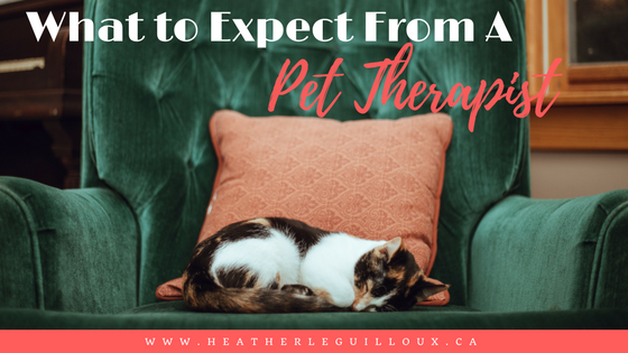
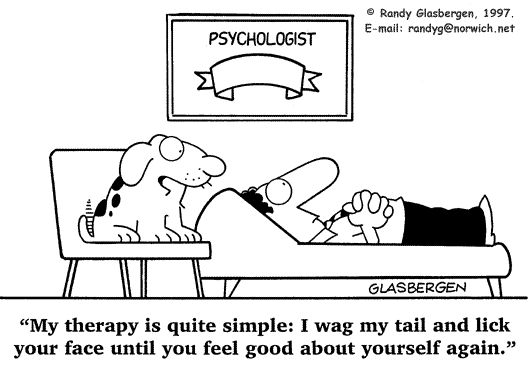
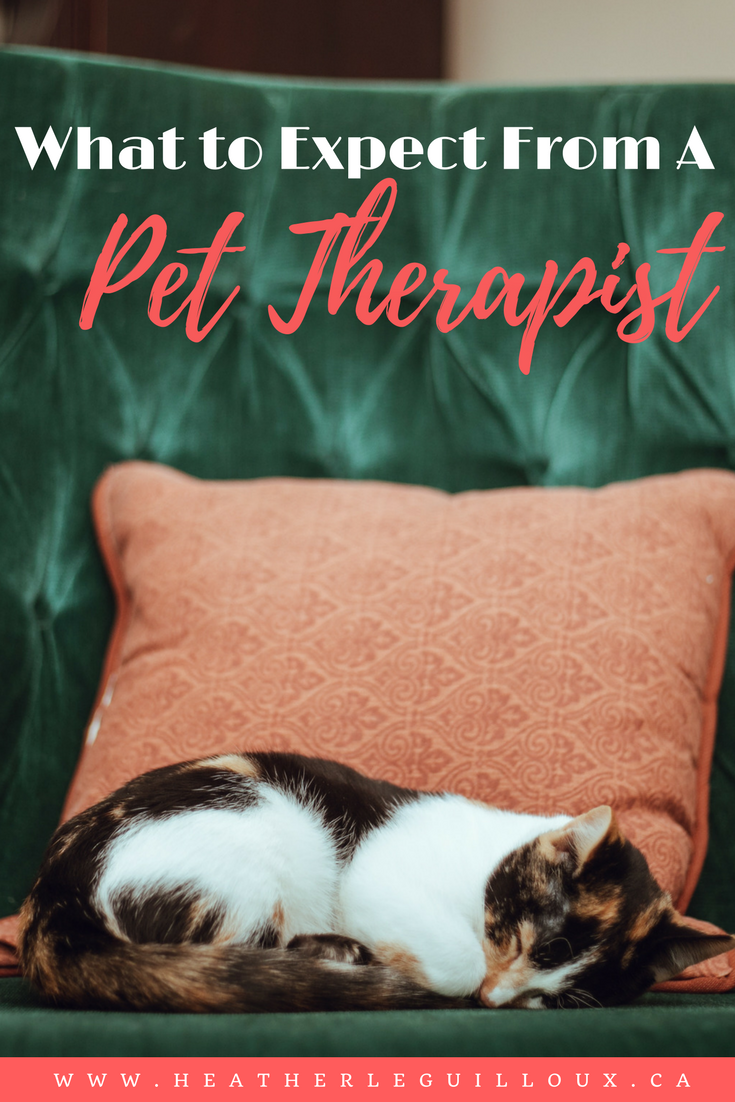


 RSS Feed
RSS Feed







